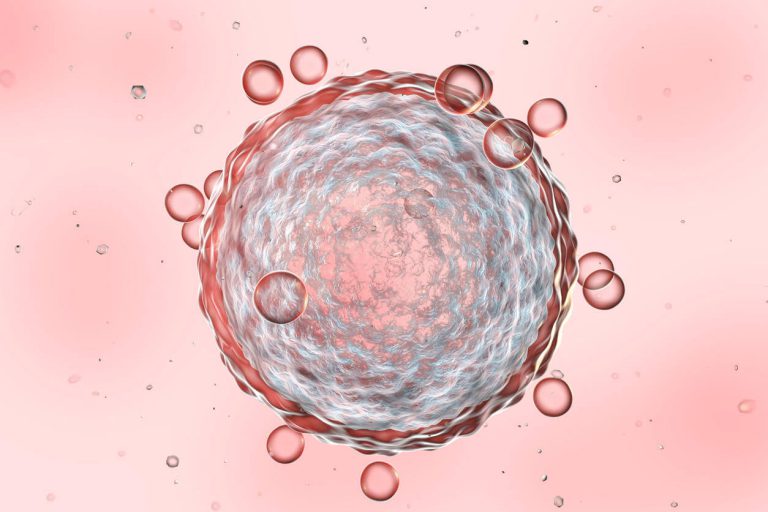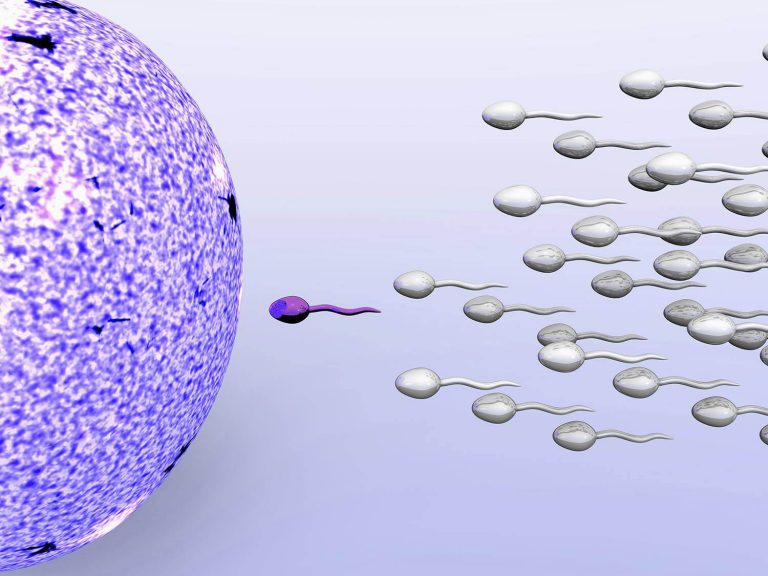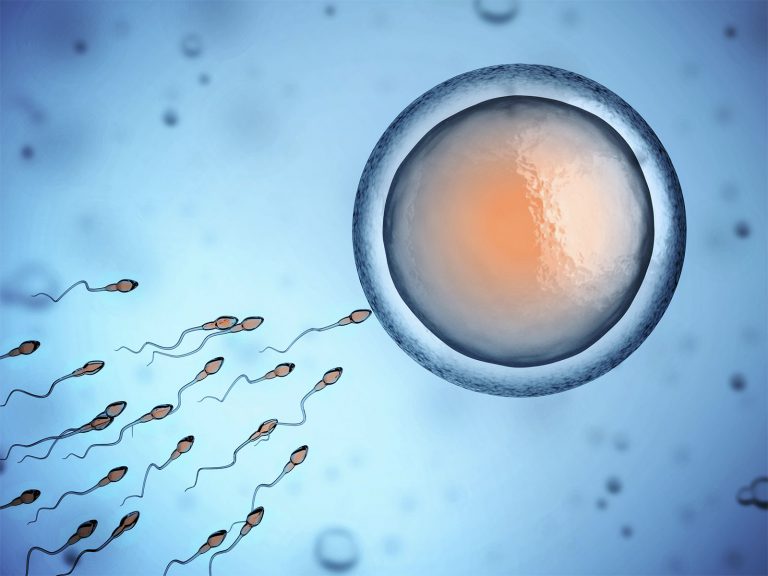Uterine factor infertility is the general term describing infertility resulting from either an abnormality of the uterus, or a complete lack of uterus.
Generally, uterine factor infertility is classified one of two ways: congenital, which refers to something that happens before birth, and acquired, which happens through life.
How common is uterine factor infertility?
Uterine factor infertility affects about 3-5% of the population and it is a a primary cause of infertility in women. It is also associated with an increase in miscarriage and pre-term delivery rates. However, the exact number of women who may be affected by an abnormality of the uterus is unknown, because many types of malformations don’t present symptoms, and some do not affect a person’s ability to get pregnant.
Generally, this is not something that doctors look for unless there is reason, such as a lack of menstruation or repeated miscarriages. For the segment of the population who have experienced repeated miscarriages, for instance, the estimate of occurrence could be around 13%.
Congenital Uterine Factor Infertility
Congenital abnormalities are ones that form before birth. This means that something happened during fetal development. The Mullerian ducts are the predecessors to the female reproductive system, and they form at about 10 weeks. When they don’t fuse properly, this leads to malformation of the uterus and other reproductive organs. Thus, congenital abnormalities are sometimes referred to as Mullerian anomalies.
Types of Mullerian anomalies can include:
- Uterus or fallopian tubes that don’t form completely
- The entire reproductive system is duplicated
- Parts of the reproductive system are duplicated
- An indentation in the uterus
- A uterus with a fibrous band dividing it (septate uterus)
- An unusual uterus shape
- The absence of a uterus (agenesis)
Acquired Uterine Factor Infertility
Throughout a woman’s life, there are a number of things that may happen that can affect the shape and functioning of the uterus, or may require removal of the uterus, thereby leading to infertility.
Examples include:
- Fibroids (e.g. from endometriosis)
- Scarring from earlier surgeries
- Scarring from infections
- Cancer
Can you get pregnant if you have uterine factor infertility?
Several types of uterine factor infertility are not absolute, which means that pregnancy is still possible, though in many cases it is associated with higher risks of miscarriage, breech births, premature delivery and other risks.
The overall chance of conception and pregnancy risk may depend on the type of malformation that has occurred. If a pregnancy happens in a malformed uterus, it needs to be followed closely. For instance, ectopic pregnancy is common for those with a unicornuate uterus, and early abortions are common for those with a septate (separated) uterus.
What are treatment options for uterine factor infertility?
Uterine factor infertility is a general umbrella term that encompasses many scenarios which could lead to an inability to conceive or carry to term, and because it remains a difficult area to study, fertility doctors must determine the exact cause on a case-by-case basis before determining whether treatment via surgery and/or assisted reproductive technology (IVF) will be effective treatments.
In the case of structural anomalies like fibroids and polyps, surgery is often a successful treatment. Scarring may or may not be able to be repaired via surgery. For patients with uterine factor infertility who pursue IVF, a single-embryo transfer is recommended in order to minimize risk.
Historically, women experiencing absolute uterine factor infertility have had no other options for having their own child beyond gestational surrogacy—that is, up until a few years ago, when the first documented case of a healthy live birth via a uterus transplant was reported. As of the publication of this report (June 2017), there had been 17 recorded uterus transplants. The overall success of such surgeries suggests that uterine transplantation may become a more common surgical treatment option for women facing absolute uterine factor infertility.







